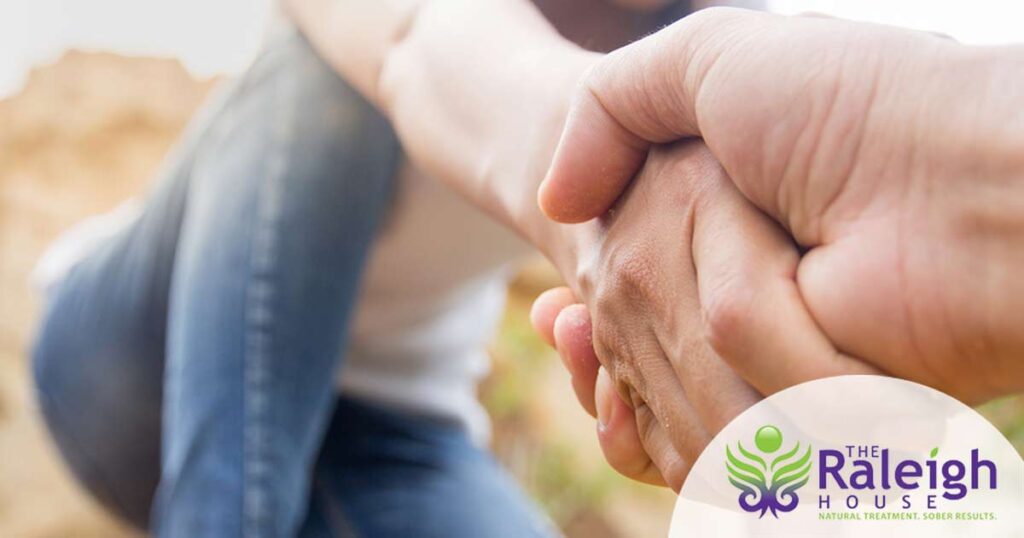If you buy drugs or alcohol for your loved one, that obviously makes you an enabler.
But, there are more subtle ways in which you might be enabling your loved one’s addiction. The reality is that it’s easy for our love to blind us to the ways in which we may actually be doing more harm than good.
10 Common Behaviors that Enable Addicts
Nobody intentionally enables addiction, but this kind of behavior is incredibly common. Here are 10 examples of common enabling behaviors:
- Blaming other people for you loved one’s addiction, i.e. friends or coworkers
- Lying for your loved one and covering up absences from work or family get-together
- Repeatedly helping your loved one avoid legal trouble
- Doing things for your loved one that they should be able to do for themselves, such as making appointments, paying bills, etc.
- Cleaning up after messes your loved one makes while intoxicated
- Continuously doing more than your share of the house and yard work (If you live together)
- Giving your loved one money
- Drinking or using drugs with your loved one in an effort to bond with them
- Avoiding issues that need to be discussed in order to avoid angering your loved one
- Repeatedly making threats that you do not carry out
How to Stop Enabling Destructive Behaviors
Enabling makes it all too easy for your loved one to continue destructive behavior.
If you recognize that you’ve been acting as an enabler, it’s time to stop. The first step is to realize that your loved one cannot escape the consequences of addiction. By enabling, you’re only delaying the inevitable—and allowing the problem to grow worse.
Once you stop enabling, your loved one will come face-to-face with their addiction. Will this be hard for you? Yes. But it won’t be as hard as what might happen if your loved one’s addiction is not addressed and treated.
So what can you do to help your loved one? Send the message—over and over and over, if necessary—that your loved one needs help to get better. And that you’re there to help them get the treatment they need.
Starting New at The Raleigh House
The Raleigh House is a treatment center located in Denver where residents are given the help they need to rebuild their lives. Our team of experts works together to tackle both the physical and mental aspects of addiction, so that your loved one can find true healing. Fill out our form or contact us today to learn more about our drug and alcohol addiction treatment programs.




